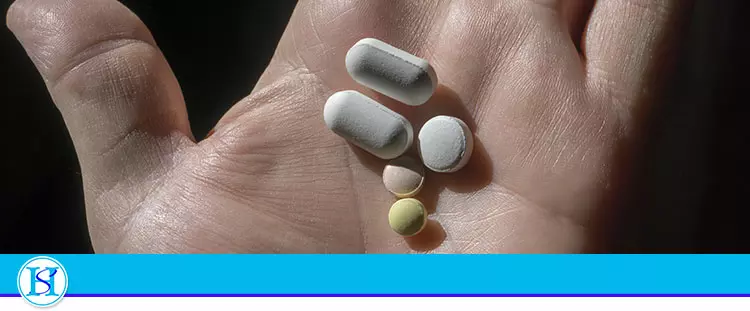Medication Management Tips to Avoid Addiction
Prescription medications are undeniably valuable when they’re able to provide much-needed relief from issues such as chronic debilitating pain, the misery of cluster headaches, or anxiety that stops you in your tracks. But they only work when they’re used as prescribed. If you find yourself taking your medications more than prescribed, or — perhaps surprising for some — less often than prescribed, you may be headed for a substance abuse issue. Our medication management program is designed to help you understand how to take these powerful substances safely without falling into the trap of addiction. We’re always happy to partner with our patients in reaching their life goals. That includes assisting you in gaining the very real benefits offered by certain medications without experiencing addiction and its negative impact on your overall health and wellbeing. We’ve included a few practical guidelines below that we use to assist our patients. We invite you to call us at Advanced Psychiatry if you’d like further guidance on how to manage your medications and avoid, or recover from, addiction.
Learn the nature of your medications
Physicians prescribe medications to improve your life. This may include blood pressure medications designed to protect you from heart disease, antibiotics to help you overcome a bacterial infection, or pain medication to relieve your discomfort after surgery or an injury. Opioid painkillers, such as codeine and oxycodone, interact with your brain to stop pain and other symptoms that might be affecting your health. They affect the brainstem and can, for instance, stop a cough that’s preventing you from getting the rest you need. They block the pain sensations your body sends to your brain via nerves in your spinal cord when you’ve sustained an injury such as a broken bone or undergone surgery. Opioids also alter your limbic system, which controls your feelings of pleasure, relaxation, and sense of contentment. Your body is also very likely to become physically dependent on opioids after about 30 days of regular use. Benzodiazepines, such as Xanax and Ativan, may be prescribed for quick-acting relief of anxiety, sleep disorders, or help with alcohol withdrawal. Meant to be a temporary aid, these medications increase the calming effects of a naturally occurring chemical in your brain, called gamma-aminobutyric acid (GABA). Frequent or prolonged use decreases the efficacy of benzodiazepines and can lead to dependence. Understanding how your medication works to enhance your physical and emotional health can help you avoid the risk of substance abuse.
Take your medications exactly as prescribed
Your physician is trained to understand how medications affect your physical and emotional self. For example, when we prescribe a benzodiazepine to use as needed for quick response during a panic-producing anxiety attack, we want you to take it as prescribed for relief of your symptoms. When you avoid taking an anti-anxiety medication because you’re worried about becoming addicted, you experience needless discomfort. Taking it more frequently than we’ve prescribed, however, can actually increase your feelings of anxiety. When it comes to pain control, a carefully calculated dose of pain medication taken over a specific timeframe can help you get the rest you need and speed your recovery after surgery or an injury, or get you back on your feet more quickly after a migraine. If you resist taking the medication until your pain is unbearable, you may overcompensate by taking more than the recommended dose, which can cause grave harm to your physical health. Oxycodone, for instance, represses respiration and too much can lead to respiratory failure. Our medication management program includes a very careful review of your drug list. We can help determine if the medications you’re taking are working as intended and whether you’re taking them as prescribed. If not, we may recommend changes that enhance their effectiveness and help decrease your risk of becoming dependent.
Share your concerns
Whether you’re worried about becoming addicted or you’re taking your pain medication as directed but still experiencing symptoms, contact your doctor. If you’re having significant pain several days after your surgeon told you to expect lessening pain, you might have an infection or other issue that needs urgent medical attention. If you’re taking pain medication to help you relax and “feel better” even after the pain subsides, you’re exhibiting one of the warning signs of potential substance abuse. If you’re having more frequent anxiety attacks with increasing use of a benzodiazepine, it may mean your antidepressant or other therapies need adjusting. When it applies, be open with your healthcare provider about your history of addiction. We can tailor your treatment program and make recommendations that exclude temptation while providing real relief from your symptoms.






